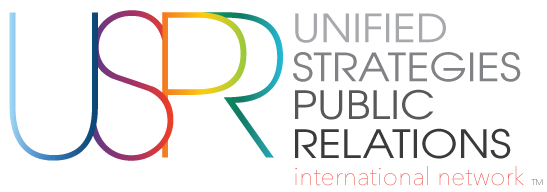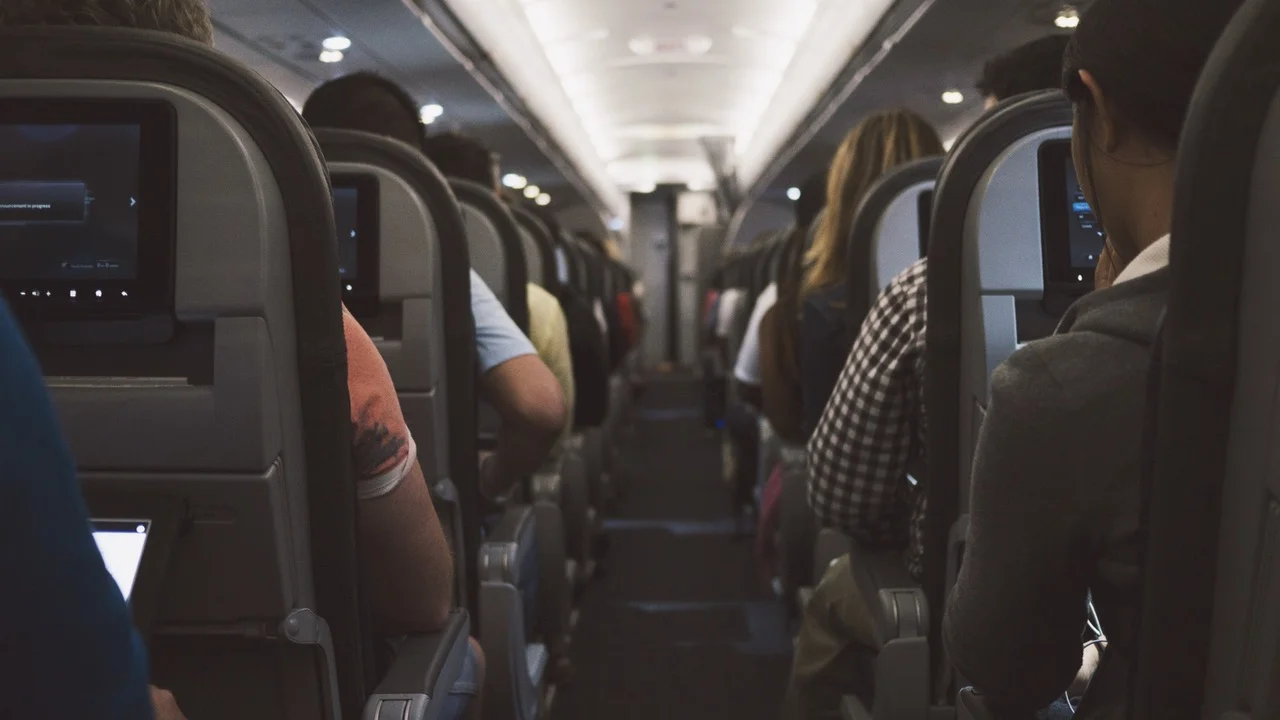By Michael Blumfield
Michael Blumfield Business Communications, Ltd.
Besides the larger PR problems that United Airlines caused itself after having police remove a seated passenger, the company’s press releases following it were full of maddening corporate speak:
“I apologize for having to re-accommodate these customers,” CEO Oscar Munoz said in a three-sentence press release shortly after videos of the incident hit the internet. That single sentence offends in several ways:
- The apology is not an admission of guilt. He’s actually not saying he’s sorry but rather suggesting this was an unavoidable reality the airline had to address.
- Lumping the customers who walked off the flight with the one man bloodied and dragged out of his seat is a way of distancing United from the particulars of the event. Cold.
- And “re-accommodate?” Is that even a word? “Accommodate” is defined as “fit in with wishes or needs of.“ “Re” suggests you’re doing it again. Either way, calling the cops on a recalcitrant passenger doesn’t seem like the right application of the term, does it?
Airlines, of course, are famous for making things sound more classy and sophisticated than they actually are. You “get in” or “get out” of a car, “hop on” or “hop off” a bus or train, but at airports gate employees talk about “pre-boarding the aircraft” once arriving passengers have “de-planed.”
Not all carriers go along with the standard lexicon. Southwest Airlines has delighted passengers for years by allowing its flight attendants to riff on the standard safety announcements by injecting humor and personality. (Said one attendant of the life vests that passengers would grab if they crashed on water, “Everybody gets their own teeny-weenie yellow Southwest bikini.”)
Southwest’s entertaining safety announcements have been captured on video by passengers and widely shared – having the exact opposite effect as the videos showing what happened on the United flight.
That reflects a shift in the way consumers view corporations at large, not just airlines. We live in an era that touts trust and transparency. A company’s language must reflect that new reality. Here are a few suggestions:
- Use plain language, not terms that are unclear to anyone outside your industry.
- Use the active voice, not passive.
- Identify who did what, who’s apologizing to whom and what they’re apologizing for.
- Write like you’d say it in a heartfelt conversation with an affected person. Avoid abstract positioning statements geared toward investors – they’re not impressed anymore, either.
The problem that CEO Munoz has at United goes far beyond word choice. Southwest can allow and even encourage irreverent safety announcements because it consciously aims to create a culture that’s vastly different than that of United. United’s flight crew and gate attendants weren’t empowered to do much or think creatively. They were bound by a strict set of operational guidelines. Hence the use of force.
Officious, cold corporate language is symptomatic of an officious, cold corporate culture. By itself, changing the language won’t change the culture. But paying attention to that language may give a company insights into how it’s thinking of its customers.
The reality is that customers already have picked up on these clues. All things being equal, they’re going to select a company that has a heart -- instead of just a list of procedures.
For more on communicating effectively during a crisis, see a related piece from fellow USPR Member Deb Hileman.



